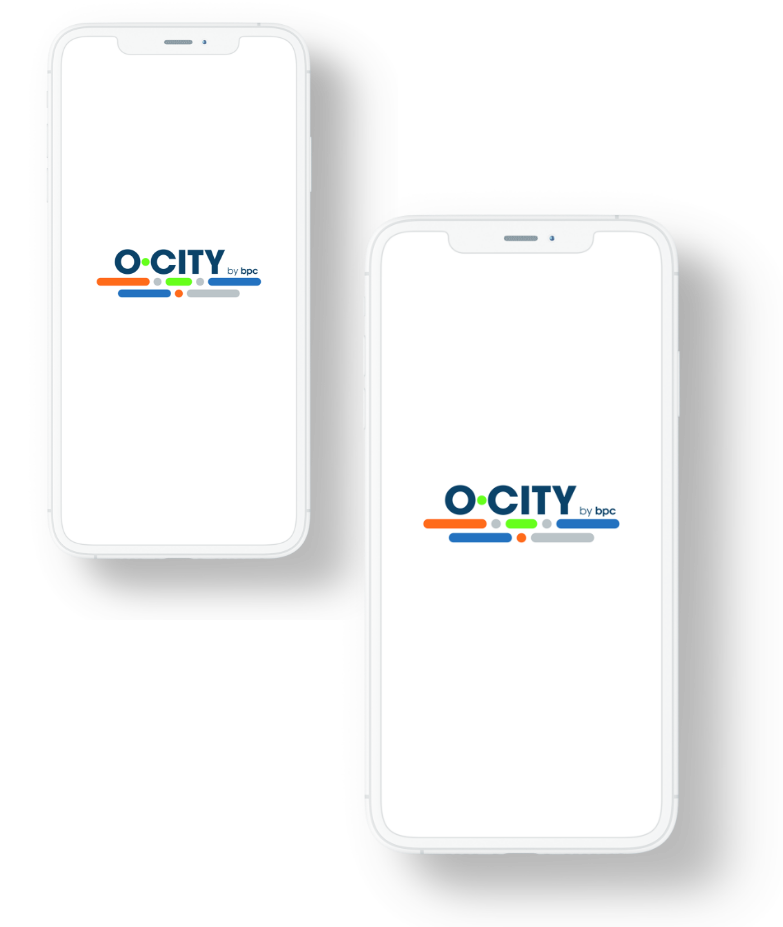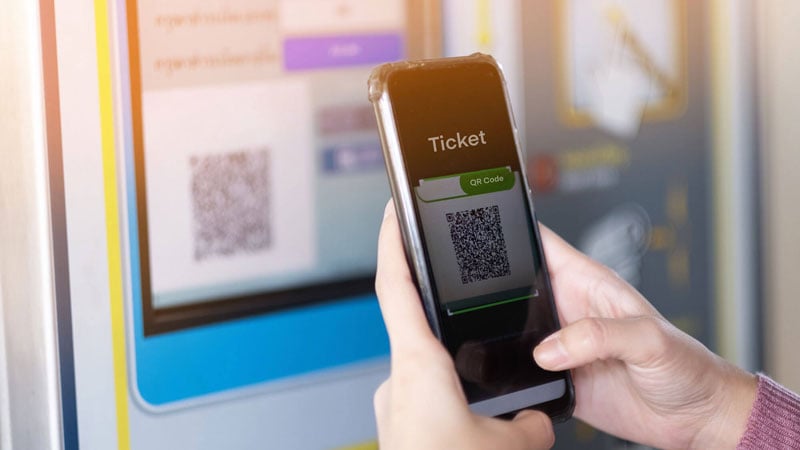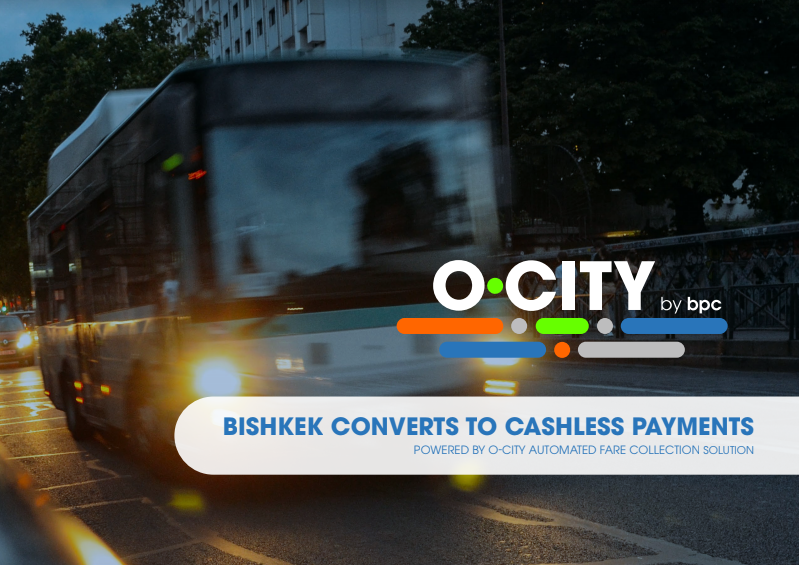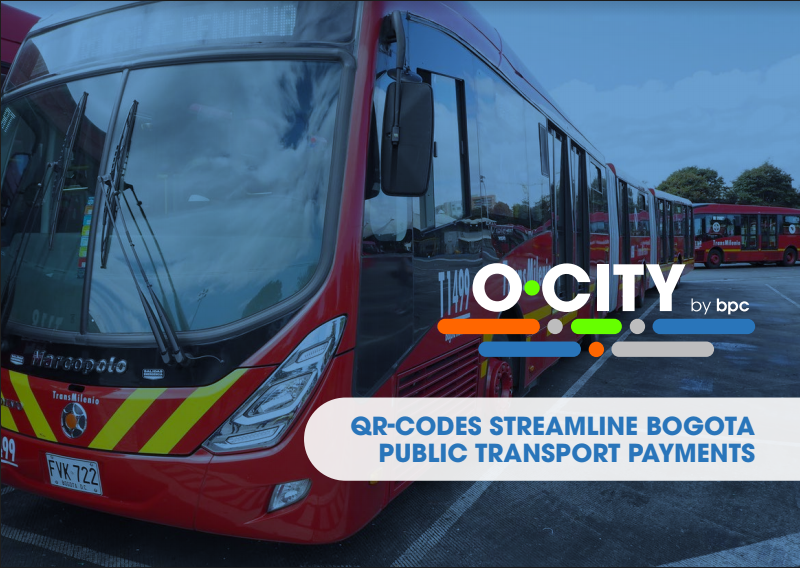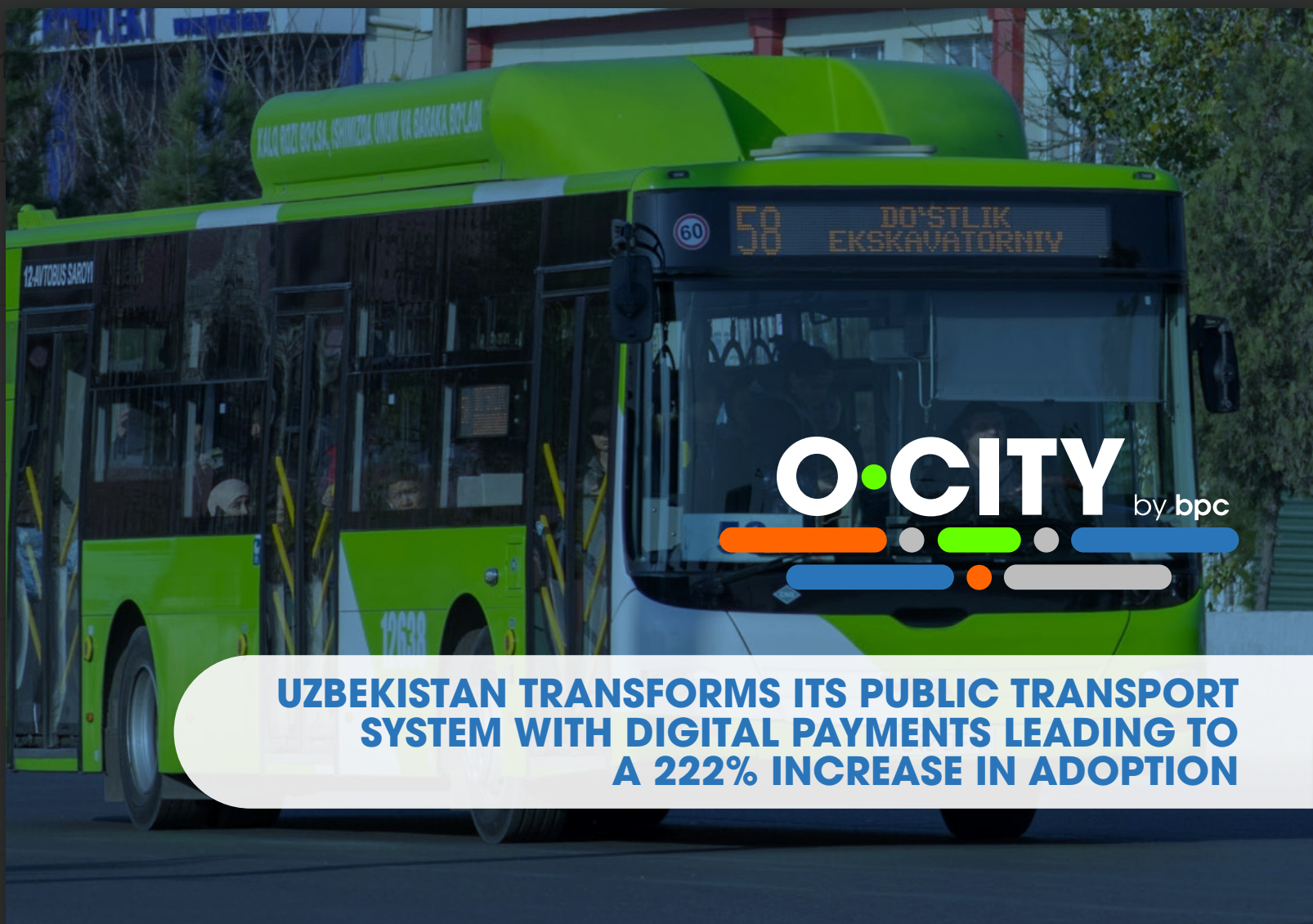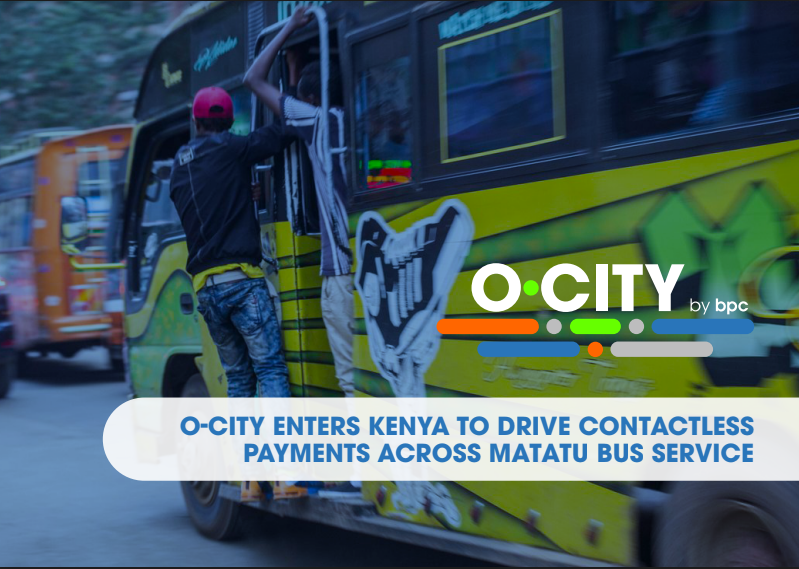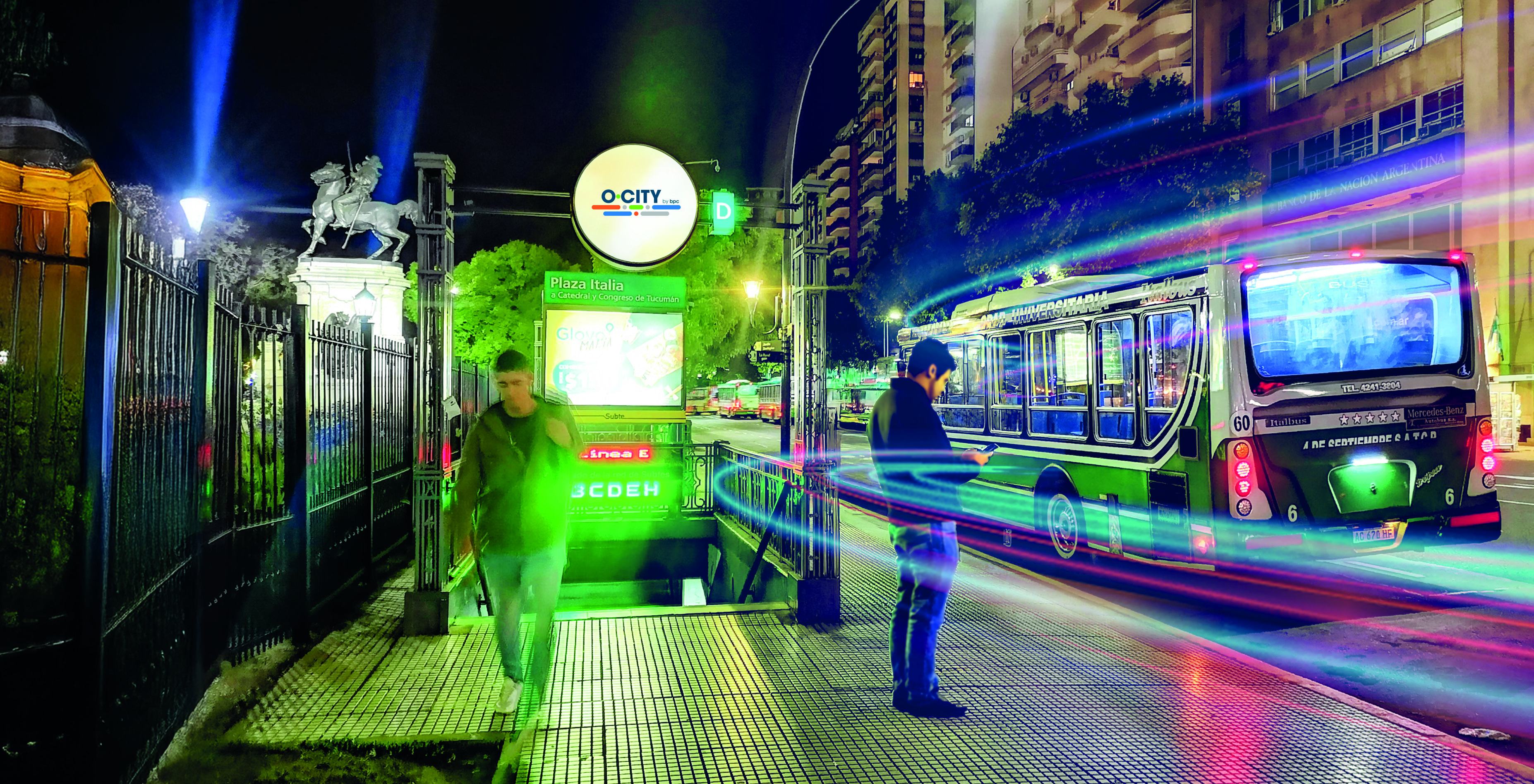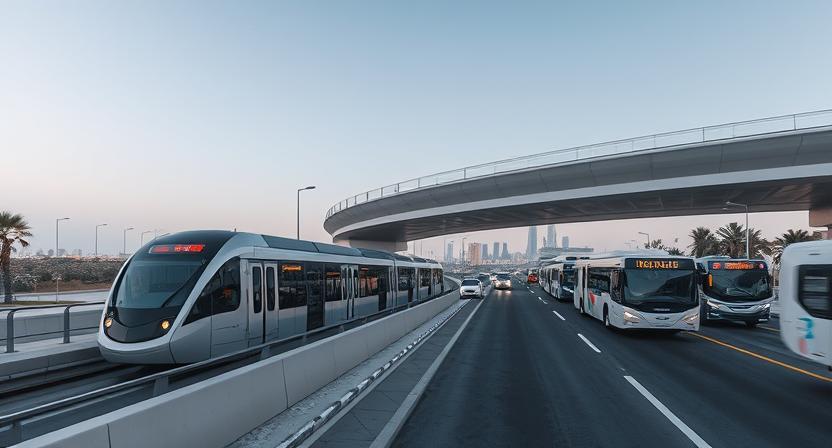
Public Mobility 2026: Seamless, connected and data-driven public transport
Public transport is entering one of its most transformative phases, driven by rapid advances in digital payments, automation, real-time analytics, and multimodal mobility services. In 2026, the core technologies shaping public transport are no longer new or emerging. Account-based ticketing, open-loop EMV payments, real-time data platforms and digital passenger services have moved well beyond pilot phases. They are now considered standard components of modern mobility systems, used across networks of all sizes to improve efficiency, reduce costs and create a smoother travel experience.

